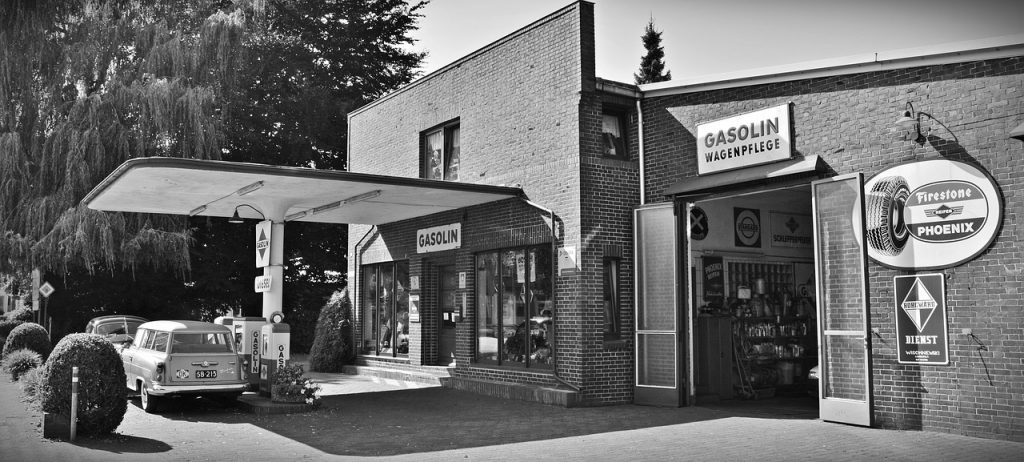With the increasing fuel cost and the impact of carbon emissions on the environment, improving your car’s fuel consumption has become more critical than ever. Not only does it save you money, but it also reduces your carbon footprint and helps to protect the environment.
Fortunately, there are simple strategies you can follow to improve your car’s fuel consumption without sacrificing your driving experience. So, whether you’re planning a long road trip or want to reduce your fuel expenses, read on to learn the five strategies that will help you improve your car’s fuel consumption.
1. Maintain Your Car
Maintaining your car is a crucial strategy to improve fuel consumption. Regular maintenance extends your car’s lifespan and enhances its fuel efficiency. Simple tasks like changing the air filter, inflating the tires, and getting routine oil changes can significantly improve your car’s fuel efficiency.
A clean air filter allows easy airflow into the engine, improving its combustion efficiency. At the same time, adequately inflated tires can reduce rolling resistance, making the machine work less to move the car forward. Regular oil changes ensure that the engine runs smoothly, reducing internal friction and preventing wear and tear, which can also improve fuel efficiency.
2. Drive Sensibly
Your driving habits also significantly affect your car’s fuel consumption. Aggressive driving, such as sudden acceleration, hard braking, and speeding, wastes fuel and lowers your car’s fuel efficiency. By driving sensibly, you can reduce fuel consumption and save money on gas.
One way to drive sensibly is to accelerate gradually and smoothly. Rapid acceleration uses more fuel, and the engine has to work harder to move the car forward. Similarly, complex braking wastes energy and fuel, so maintaining a safe distance from other vehicles and anticipating stops can help you avoid sudden stops and starts.
3. Use Cruise Control
Using cruise control on the highway can help you maintain a constant speed and improve your car’s fuel efficiency. It’s beneficial on long trips where you might be tempted to speed up and slow down. Be careful when using cruise control on hilly terrain, as it can cause your car to downshift and use more fuel.
4. Reduce Your Vehicle’s Weight
The heavier your vehicle, the more energy is required to move it; therefore, more fuel is consumed. One way to reduce weight is to remove unnecessary items from the car. For example, carrying around heavy tools or sports equipment you rarely use can add excessive weight to your vehicle.
Additionally, you can replace heavier parts with lighter ones, such as swapping out steel rims for lightweight aluminium ones. Another way to reduce weight is by using lighter materials in the manufacturing process, such as aluminium or carbon fibre. These materials are lighter, more robust, and more durable, making them a more efficient option.
5. Use the Right Fuel
Using the recommended fuel for your car can also improve your fuel efficiency. Check your owner’s manual to see what type of fuel your vehicle requires. Using a higher octane fuel than recommended won’t improve performance or fuel efficiency, so only waste your money on premium fuel if your car specifically needs it.
Conclusion
Improving your car’s fuel consumption doesn’t have to be complicated or expensive. Simple changes such as reducing the weight of your vehicle, maintaining proper tire pressure, and avoiding aggressive driving can significantly affect your fuel efficiency. By implementing these small changes, you can save on fuel costs, reduce your carbon footprint, and contribute to a more sustainable future.
Are you searching for the best wrong fuel specialists? Check out Fuel Fixer! If you’ve accidentally filled your car with the wrong fuel type, don’t panic! Our team of leading wrong fuel specialists is here to help. We understand the stress and inconvenience of this mistake, but we have the expertise and experience to get you back on the road quickly and safely. Contact us now!

